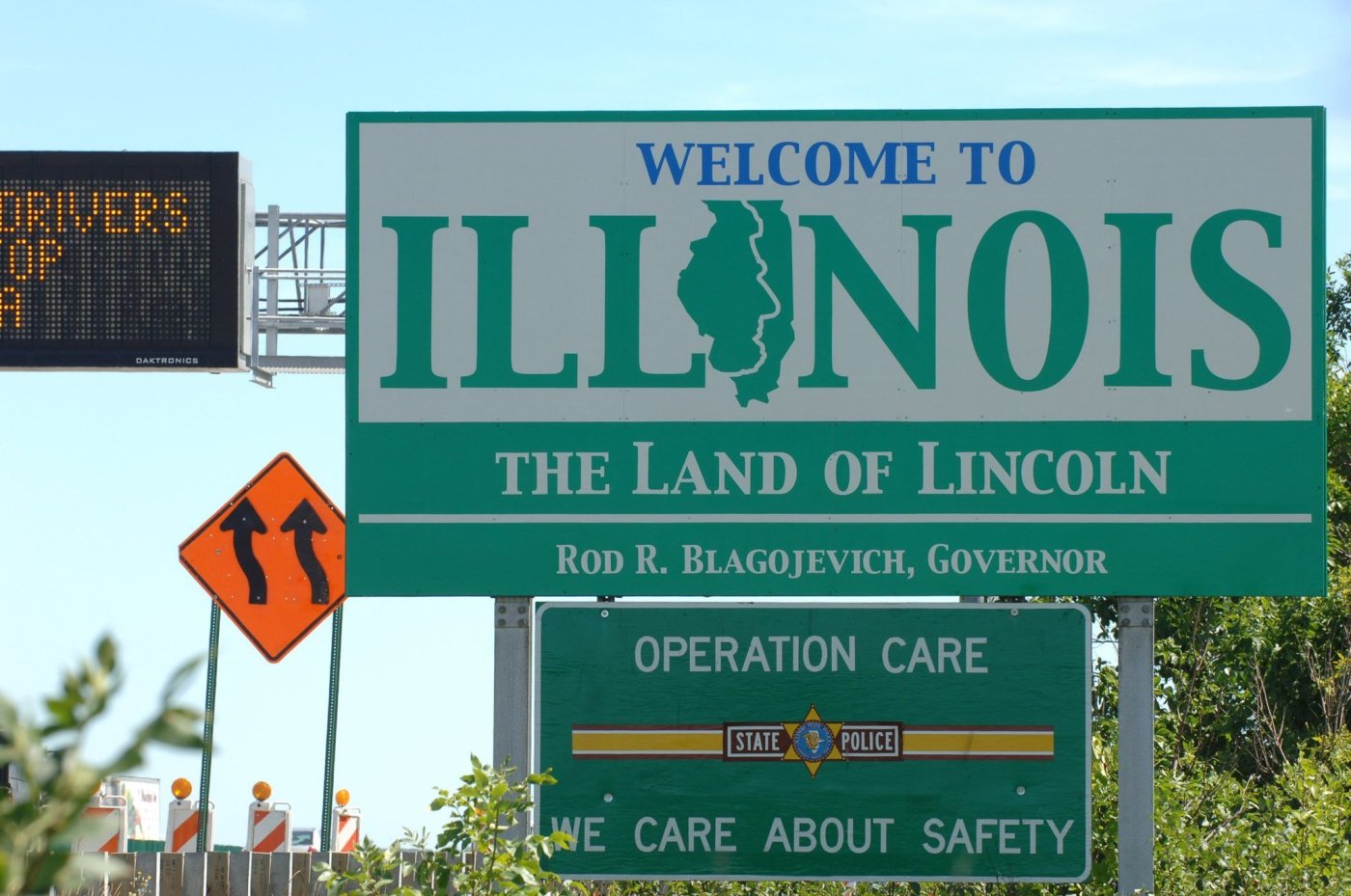
The U.S. Department of Justice has initiated a lawsuit against Uber Technologies, Inc., alleging that the company discriminates against passengers with disabilities. The lawsuit, filed on March 6, 2024, seeks $125 million in damages, claiming that Uber’s practices violate the Americans with Disabilities Act (ADA).
This legal action highlights the ongoing concerns regarding accessibility within the ride-sharing industry. The Justice Department asserts that Uber has failed to provide equal service to disabled passengers, particularly those who require wheelchair-accessible vehicles. According to the lawsuit, many disabled users face significant barriers when using the platform, which has hindered their ability to secure rides in a timely manner.
In its complaint, the Justice Department reports that Uber has not adequately addressed the needs of passengers who rely on accessible vehicles. The lawsuit further alleges that Uber’s failure to meet these requirements represents a systemic pattern of discrimination.
The complaint underscores that Uber has not made sufficient efforts to expand its fleet of accessible vehicles. While the company claims to offer some services for disabled individuals, such as Uber WAV (Wheelchair Accessible Vehicles), the Justice Department argues that these options are far from adequate to meet the demand.
Uber responded to the lawsuit by stating its commitment to improving accessibility for all passengers. The company emphasized that it continually works to enhance its services, including collaborating with organizations focused on disability rights. However, the Justice Department maintains that these measures have not been enough to ensure equitable access.
The lawsuit comes at a time when the ride-sharing industry is facing heightened scrutiny regarding its treatment of disabled individuals. Advocacy groups have long called for stronger regulations to ensure that ride-hailing services comply with accessibility standards. This legal challenge from the Justice Department may set a precedent for how such companies operate in the future.
As the case unfolds, it could have significant implications for Uber’s business practices and its financial responsibilities. The potential financial impact of a $125 million judgment could affect the company’s operations and its public image. With the increasing demand for accessible transportation options, the outcome of this lawsuit may also influence industry standards moving forward.
The Justice Department’s action reflects a broader commitment to enforcing civil rights protections for individuals with disabilities. By taking this step against Uber, officials aim to assert the importance of compliance with the ADA and promote greater equity in transportation services across the nation.
Uber’s response will be closely monitored as the case progresses, highlighting the challenges and responsibilities that ride-sharing companies face in ensuring that all passengers, regardless of their abilities, receive fair and equal service.






